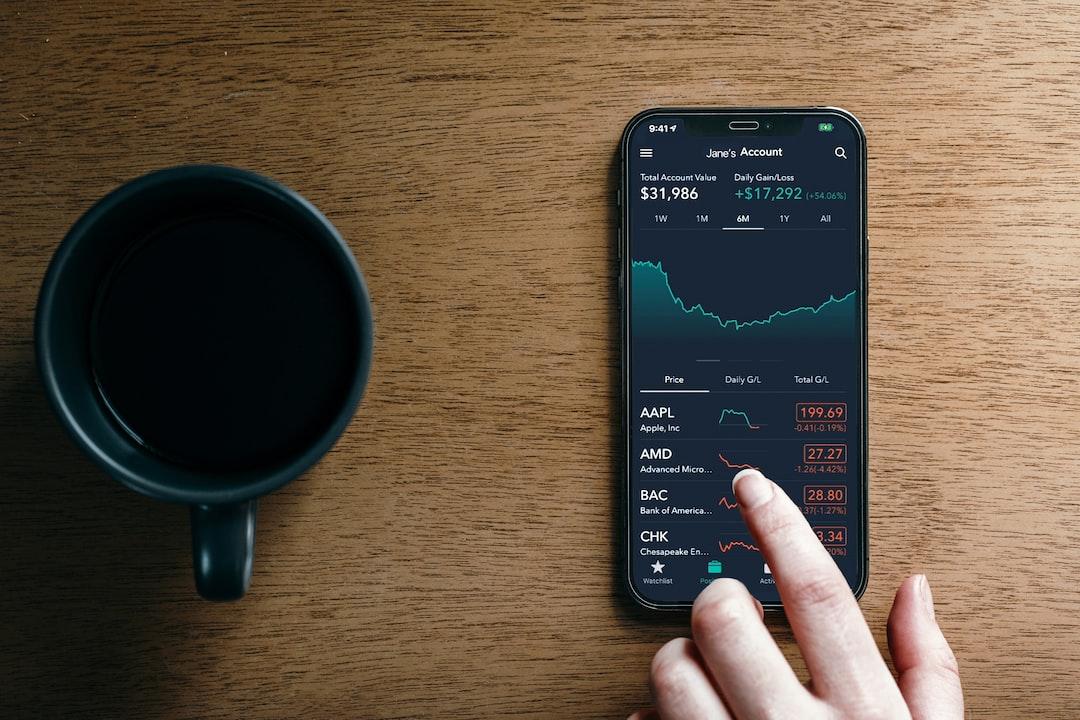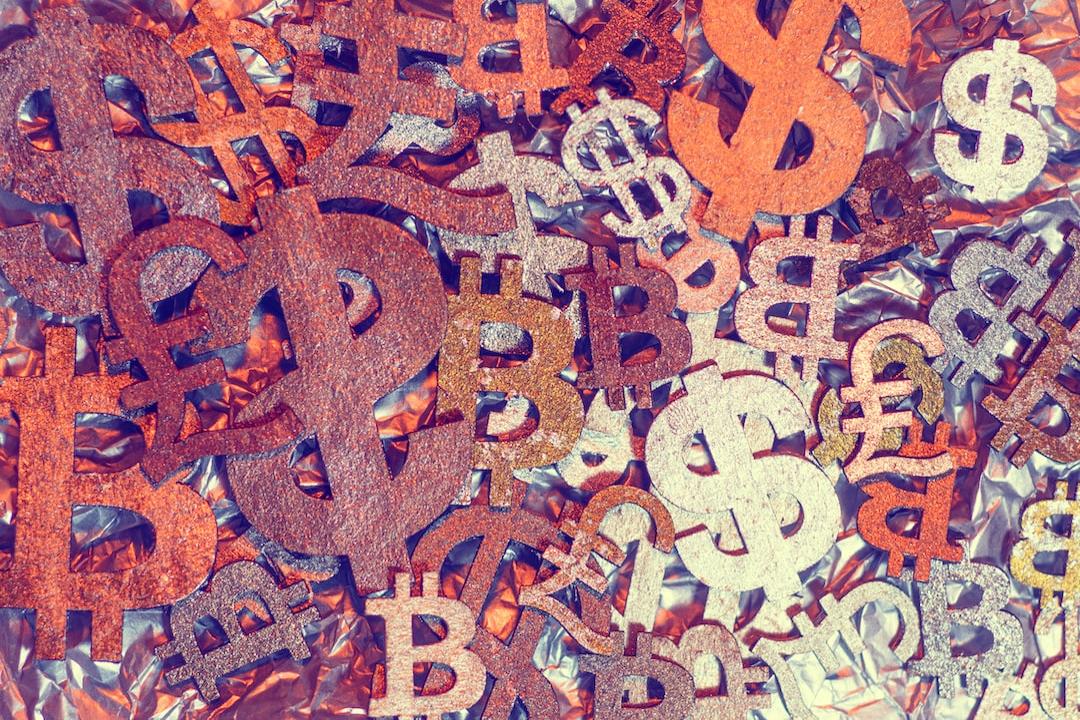CZ Issues a “Holy Order,” Leading the Apparently “Autonomous” DAO to Swiftly Converge Power Back to the State
The community appears helpless under the strong intervention of capital.
(Background: Recent revenue overview of the seven major mainstream DEXs: Jupiter and PancakeSwap maintain stable revenue, while Raydium shows a significant decline.)
(Supplementary Background: Binance’s Web3 wallet “four new launches in one month,” what is the yield for users investing BNB? Is it guaranteed profit?)
PancakeSwap Proposes CAKE Tokenomics 3.0
On April 8, PancakeSwap announced its CAKE tokenomics 3.0 proposal on X, aimed at a comprehensive restructuring of the issuance, inflation mechanism, and governance model of the CAKE token.
Since the proposal’s release, it has sparked widespread attention and heated discussions within the market and community. The event’s development is filled with complexity and drama, ranging from the proposal’s background and specific content to its impact on various stakeholders, as well as core controversies and diverse community perspectives.
Background and Consequences
On March 19, an industry insider stated on X that the current veCAKE lock-up mechanism of the PancakeSwap token CAKE is overly complicated, which not only raises the participation threshold for users but also causes an imbalance between long-term governance rights and short-term incentives. Binance co-founder Zhao Changpeng agreed in a comment on X that “PancakeSwap should adopt a buyback and burn model instead of the ve-token model,” stating, “Many ‘models’ are too convoluted; burning is the most direct.” He also tagged PancakeSwap’s official account.

Within less than 20 days of this “holy order,” PancakeSwap proposed a new tokenomics proposal to replace the previously implemented ve plan that had been in place for years.
Details of the Proposal
The tokenomics 3.0 proposal mainly includes the following core aspects:

Firstly, the proposal suggests achieving an annual deflation target of approximately 4%, expecting the total supply of CAKE to decrease by 20% by 2030. To this end, PancakeSwap plans to adjust the daily emission from approximately 40,000 CAKE to 22,500 CAKE. This adjustment aims to enhance the scarcity and long-term value of CAKE by reducing the supply of new coins.
Secondly, the proposal explicitly proposes the cancellation of the existing CAKE staking, veCAKE, weighted voting (Gauges Voting), and revenue sharing mechanisms. The intention behind this move is to “simplify” the governance process, ensuring that CAKE tokens truly belong to the holders, thus avoiding the marginalization of certain users due to multiple lock-up and complex distribution mechanisms. Supporters believe that this can lower governance costs and improve the transparency and operational efficiency of the entire system.
At the same time, to compensate for the potential incentive gaps caused by this adjustment, the proposal plans to introduce a new buyback and burn mechanism. By regularly using a portion of transaction fees and other revenues to buy back and burn CAKE, further deflation effects can be achieved, thus providing long-term support for the token price.
Impact on Major Stakeholders
For some core participants and long-term supporters within the ecosystem, this proposal is undoubtedly devastating. Particularly, as the main beneficiary of the veCAKE mechanism, Cakepie has locked up over ten million CAKE in the past few years and earned stable governance rights and dividend returns through this mechanism. If the proposal is passed, Cakepie DAO may face the following impacts:
The cancellation of the veCAKE and related revenue-sharing mechanisms means that the governance model built by Cakepie DAO over the long term will be disrupted, and its core asset CKP, which has long relied on the dividends and governance returns from this mechanism, will lose value. (The relationship between CKP and CAKE is similar to PNP and PENDLE; recommended reading: Re-reading the Penpie Protocol Mechanism, the impact of theft should not be overstated.)

Following PancakeSwap’s proposal, the value of the CKP token plummeted significantly.
Core Controversy in On-chain Operations
The controversy surrounding the proposal is not only reflected in the economic model adjustments but also in the irregularities that emerged during the on-chain operations and governance process. According to various on-chain data monitoring, several large addresses associated with Binance or PancakeSwap suddenly locked up a large number of CAKE tokens (25 million, accounting for nearly 50% of the total locked CAKE) before and after the formal discussion of the proposal. These addresses can be unlocked immediately after the proposal concludes, allowing them to swiftly regain governance rights and reconfigure incentive mechanisms at a low cost.

This “invest and retreat” operational model has raised widespread skepticism within the community. Critics argue that this phenomenon makes the governance process unfair, as a small number of whales and centralized addresses can manipulate the direction of the entire proposal through short-term actions, harming the interests of the broad retail investors. Meanwhile, some pointed out that such operational behaviors are a microcosm of the frequent “on-chain coups” currently occurring in the crypto market, highlighting the vulnerabilities and risks of decentralized governance in practical operations.
Divergent Community Perspectives and Authoritative Voices
In the heated discussions triggered by this proposal, voices from different groups vary. Cakepie DAO launched a strong protest on social media, accusing this reform of “betraying the original intention of long-term incentives and ecological co-construction,” and proposed alternative solutions that include partial adjustments instead of a complete cancellation of veCAKE. This DAO believes that the governance rights and revenue-sharing mechanisms formed by long-term lock-ups are the key to PancakeSwap’s continued development; once canceled, the losses will not only reflect in economic returns but also deal a fatal blow to the trust foundation of the entire ecosystem.

At the same time, some industry experts have expressed differing opinions on the proposal. For instance, the founder of Curve stated that while decentralized governance needs continuous optimization, the interests and incentive structures of early contributors should be fully respected; simply canceling mature mechanisms poses significant risks and could lead to the collapse of the long-term value system within the ecosystem. He referred to this proposal as a “governance attack” and suggested that veGovernance contracts should not be upgradeable.

Event Progress and Subsequent Developments
On April 16, PancakeSwap official members revealed that they are in close communication with Cakepie DAO and are willing to provide $1.5 million in compensation to CKP holders. This post received an applauding reply from Zhao Changpeng. However, even after the significant drop, CKP still has an FDV exceeding $10 million, with a circulating market cap of $4 million, which is higher than the $1.5 million compensation amount.

Currently, the proposal voting has officially launched, with supporters holding over 70% of the votes in favor. Even if Cakepie DAO and retail investors do not support the proposal, it seems impossible to contend with the “whales” that occupy 50% of the voting rights due to the latest lock-up. Zhao Changpeng had stated two years ago that “letting the crowd vote is different from letting capital vote.” However, this time, he appears to have sided with capital, becoming the person who determines the life or death of community projects with a single word based on capital advantage.

Conclusion
Overall, PancakeSwap’s tokenomics 3.0 proposal is highly controversial, yet it reflects the profound contradictions and transformation needs within the current DeFi ecosystem regarding governance mechanisms. Achieving a balance between simplifying mechanisms, reducing complexity, and maintaining long-term incentives has become an urgent issue that the entire blockchain industry needs to address.


